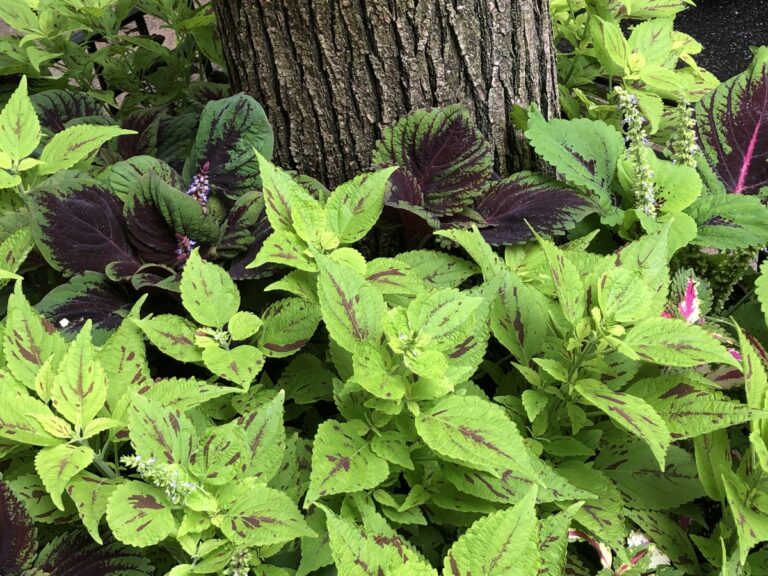743rd Week: Neuroplasticity and Kindness
It’s a Sunday morning and, when I have time, I listen to On Being with Krista Tippett. It comes on at 7am on the East Coast and is an inspiring and nourishing way to begin the day. This morning, she interviewed neuroscientist Richard Davidson and they talked about a lot of things that have kept me thinking throughout the day.
One of the themes was neuroplasticity, the ways in which our brains change with new learning. Davidson talked about how our behavior around and with others changes their brains and that got me to thinking, yet again, how important it is to model kindness as we move through our daily lives. The implication from neuroplasticity is that if we are taking actions or speaking in ways that convey kindness, we are literally spreading that around as people’s brains spontaneously respond to our acts of kindness.
Dr. Davidson has a website on which there are a lot of different resources, including his kindness curriculum. Here’s the link and I encourage you to visit: http://centerhealthyminds.org.
He also talked about how resilience, our ability to bounce back from adversity, is related to mortality. It seems we do better with aging when we are able to be resilient. In addition, resilience is apparently increased and supported by engaging in compassion and mindfulness practices.
For this week’s practice in conscious living, I invite you to do two different things. First, pay attention to opportunities to express kindness as you go through your daily activities, keeping in mind that your actions have an impact on the brains of the people around you. It reminds me of what I learned in college about “bystander” effects—that when someone steps forward to help a person in need, other people are more likely to become involved and also step forward.
Secondly, notice the quality of your resilience when things don’t go as you planned. If you find that you get rattled and that it’s difficult to recenter yourself or to move on from whatever glitch you ran into, it might be worthwhile to spend a little time each day focusing on compassion (I have a particular interest in self-compassion, as well). It might also be helpful to take little moments of mindfulness throughout the day, perhaps taking 30 seconds to track your breathing, notice where in your body you are tense or soft, or notice the comings and goings of thoughts and feelings without engaging them.
It’s helpful to bring along curiosity as your constant companion as you explore your relationship with kindness and compassion, and play with mindfulness practices. As with all these practices in conscious living, there aren’t any right answers or right ways to do them. Instead, they are just one more opportunity to be even more consciously aware of how you move through your world, and of how you are affected by where you place your focus of attention. Also, please remember to pat gently on the head any judgments that may arise, not having to “do” anything about, with, or to them. It’s good practice to notice what it’s like to simply allow them to move on through without taking up much of your attention, other than to notice that they arise, move through, and move on.





